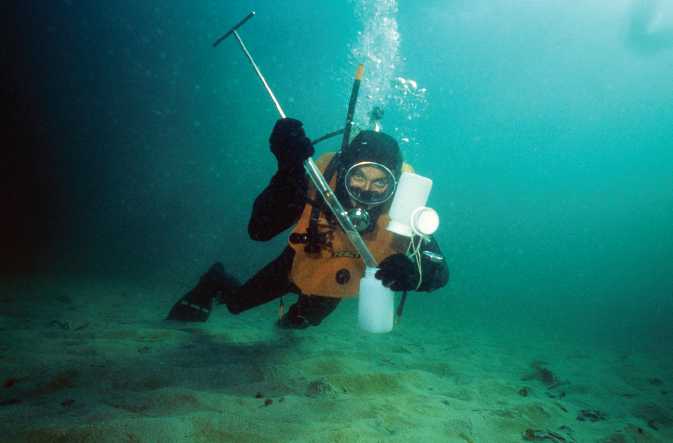Exploring purpose and topic
Exploring purpose and topic
topic
When you are assigned a report, carefully identify the subgenre (psychology term paper, physics lab report, article for an arts journal) and the kinds of information your report will require. Will your report merely answer a factual question about a topic and deliver basic information? Or are you expected to do a more in-
Answer questions. For this kind of report, include basic facts and, perhaps, an overview of key features, issues, or problems. Think of an encyclopedia entry as a model: Facts are laid out cleanly, usually under a series of headings. The discussions are generally efficient and basic, not exhaustive.
Assigned an informative piece like this, you can choose topics that might otherwise seem overly ambitious. When readers expect an overview, not expertise, you can easily write two or three fact-
Review what is already known about a subject. Instructors who ask you to write five-
So consider updating an idea introduced in a lecture or textbook: You might be surprised by how much you can add to what an instructor has presented. If workers are striking in Greece again, make that a focal point of your general report on European Union economic policies; if your course covers globalism, consider how a world community made smaller by jet travel complicates the response to epidemic diseases. In considering topics for in-

Field research is one way to acquire new information.
© The Natural History Museum/The Image Works.
Report new knowledge. Many schools encourage undergraduates to conduct original research in college. In most cases, this work is done under the supervision of an instructor in your major field, and you’ll probably choose a topic only after developing expertise in some area. For a sampling of research topics students from different schools have explored, search “undergraduate research journal” on the Web.
If you have trouble finding a subject for a report, try the brainstorming techniques suggested in Chapter 19, both to identify topic ideas and to narrow them to manageable size.